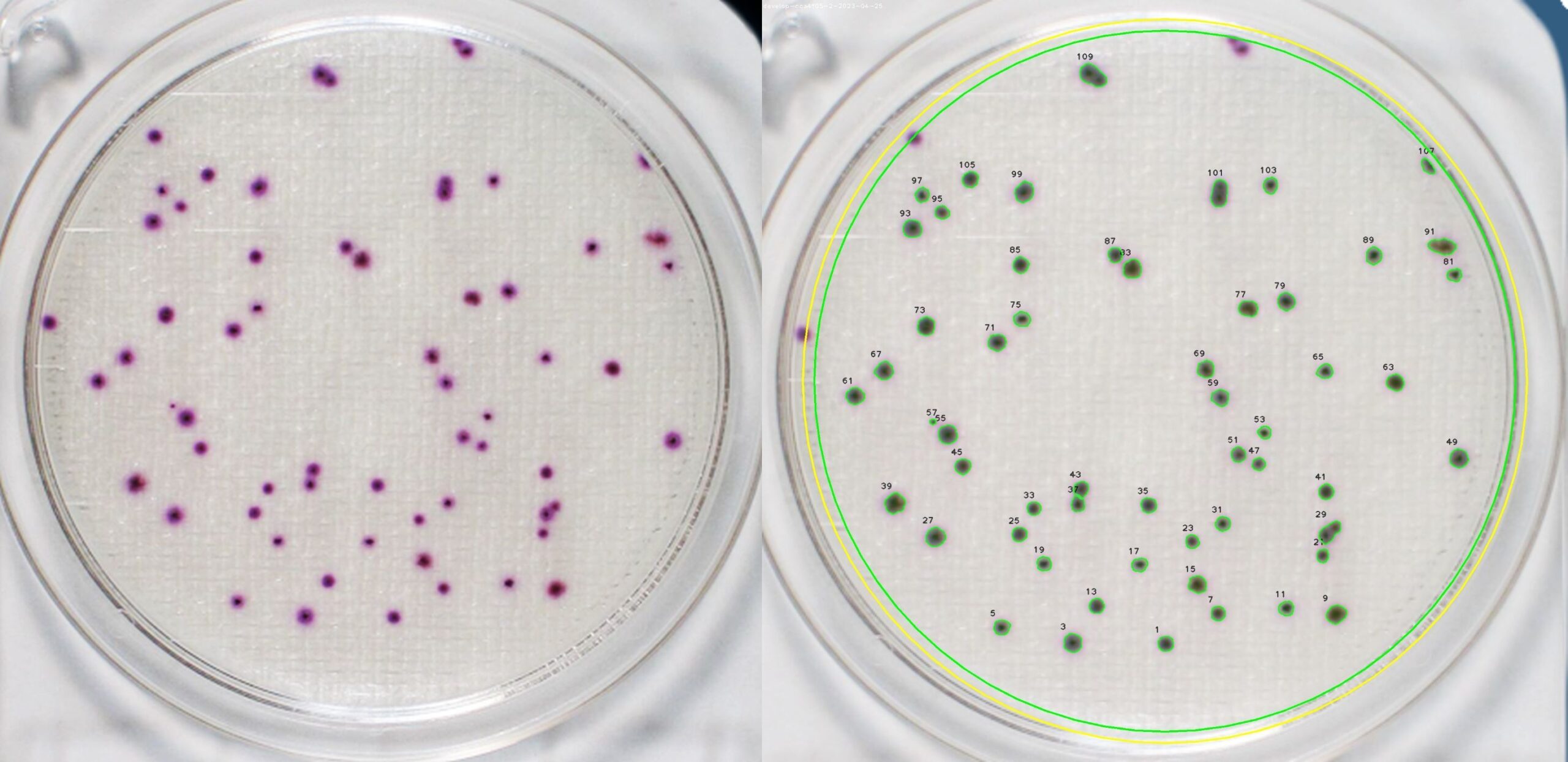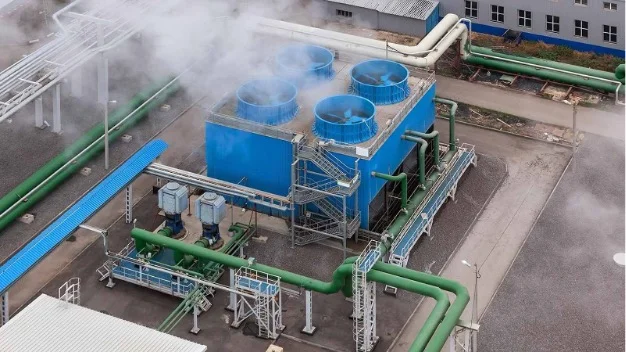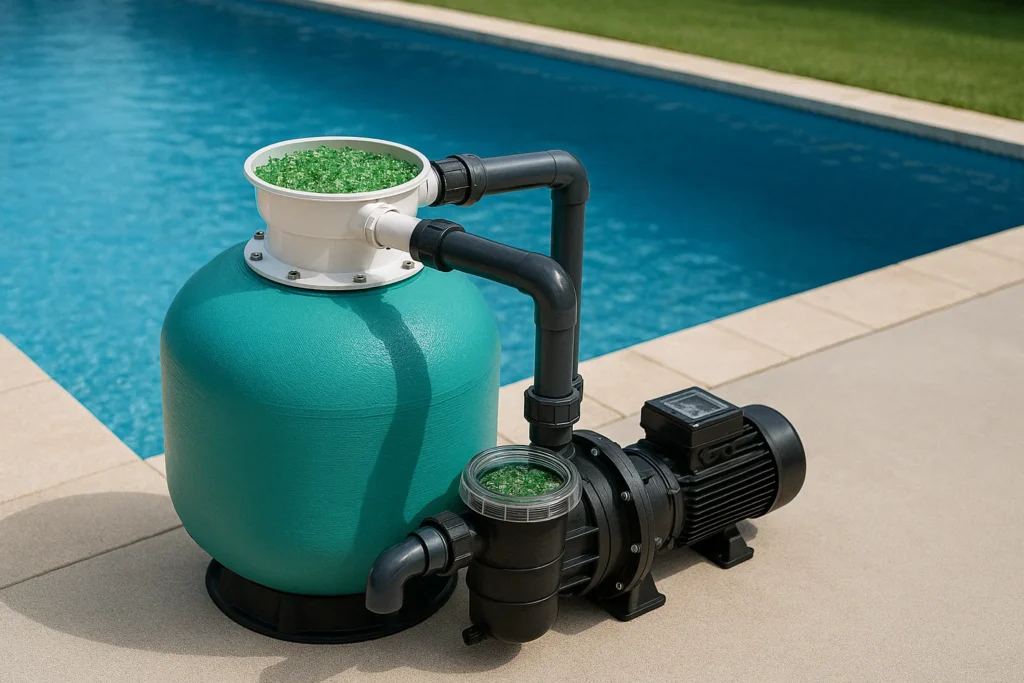
In the world of wastewater treatment, the use of bioculture products has become increasingly prevalent in recent years. These products, comprised of various bacterial strains, play a pivotal role in breaking down organic matter and pollutants, thereby ensuring the effective treatment of sewage and industrial effluents in Sewage Treatment Plants (STP) and Effluent Treatment Plants (ETP).
However, not all bioculture products are created equal. The concentration of Colony Forming Units (CFU) per gram in a bioculture product is a critical factor that significantly impacts the performance of these treatment plants. In this blog, we will delve into the importance of the right bacterial strains in bioculture and how their concentration can drastically improve plant results.
The Significance of CFU/Gram Concentration
CFU/gram concentration, which represents the number of viable bacterial cells per gram of bioculture product, is a crucial parameter that determines the effectiveness of bioculture in wastewater treatment. A higher CFU/gram concentration indicates a greater number of active bacterial cells, which can accelerate the breakdown of pollutants in the wastewater. This parameter is directly related to the bioculture’s ability to rapidly establish itself within the treatment plant and maintain a robust microbial population.
Impact on plant performance
- Enhanced Daily Operations: The right bacterial strains in high CFU/gram concentrations can significantly improve the day-to-day operations of STPs and ETPs. These bacterial strains are capable of quickly adapting to changing influent conditions and efficiently degrading organic matter. As a result, the treatment plant can maintain consistent performance even when faced with fluctuations in wastewater composition and flow rates.
- Efficient Commissioning: During the commissioning phase of a treatment plant, achieving stable and efficient operation can be challenging. The presence of the right bacterial strains in sufficient concentrations can expedite the commissioning process. It ensures that the microbial community establishes itself rapidly, leading to faster startup times and reduced initial operational hiccups.
- Reduced COD: High CFU/gram concentrations of appropriate bacterial strains are instrumental in reducing Chemical Oxygen Demand (COD) in wastewater. COD is a critical parameter that measures the amount of organic pollutants in water. Effective COD reduction is vital for meeting environmental standards and ensuring the treated water is safe for discharge or reuse.
- Ammonical Nitrogen Removal: Ammonical nitrogen is another common pollutant found in wastewater. Certain bacterial strains are particularly effective at converting ammonium ions into nitrogen gas through nitrification-denitrification processes. When these strains are present in the bioculture at the right concentration, ammonical nitrogen levels can be significantly reduced, preventing water pollution and eutrophication.
- FOG Degradation: Fat, Oil, and Grease (FOG) pose a major challenge in wastewater treatment, especially in industrial effluents. Biocultures with specific strains capable of degrading FOG can help alleviate this issue. High CFU/gram concentrations of such strains can lead to more efficient FOG degradation, preventing pipe clogs and maintaining the integrity of the treatment infrastructure.
In conclusion, the choice of bacterial strains and their concentration in bioculture products is paramount for the effective operation of Sewage Treatment Plants (STP) and Effluent Treatment Plants (ETP).
A combination of the right bacterial strains in high concentrations can have a transformative impact on these plants, improving daily operations, expediting commissioning, and leading to significant reductions in COD, ammonical nitrogen, and FOG.
As the world grapples with increasing water pollution challenges, investing in the right bioculture products becomes not only environmentally responsible but also economically sound for the efficient and sustainable management of wastewater treatment plants.
Get in touch with us at info@purewaterent.net, to know more about quality parameters that differentiate various bacteria cultures, and also about our superior offerings in this space!





